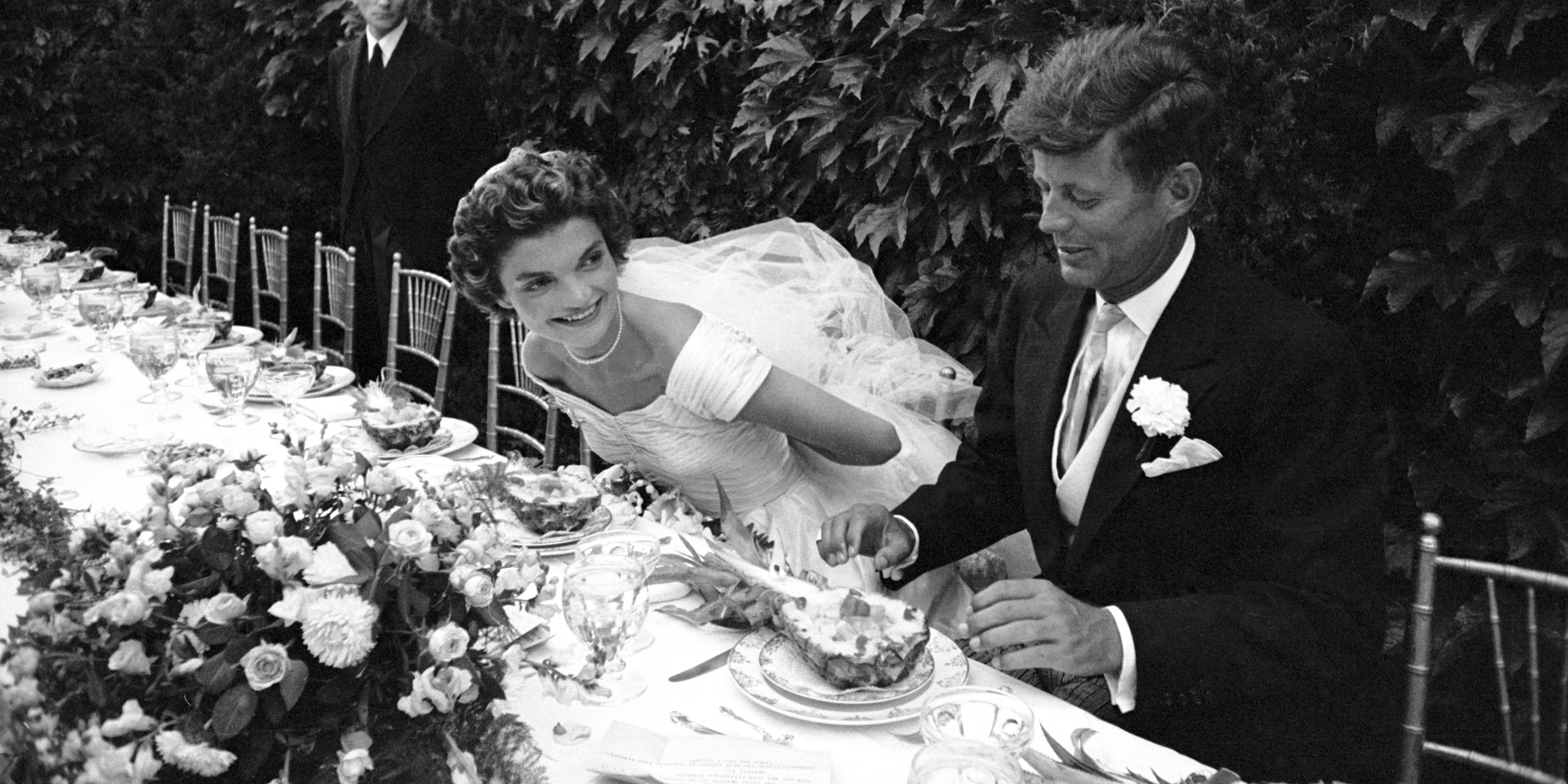The big idea Undocumented immigration does not increase the violent crime rate in U.S. metropolitan areas. In fact, it may reduce property crime rates. These are the key findings from our recently published article in the Journal of Crime and Justice, co-authored by Yulin Yang, James Bachmeier and Mike Maciag. Research shows that the American...
Culture
Seeing No Longer Believing: the Manipulation of Online Images
A peace sign from Martin Luther King, Jr, becomes a rude gesture; President Donald Trump’s inauguration crowd scenes inflated; dolphins in Venice’s Grand Canal; and crocodiles on the streets of flooded Townsville – all manipulated images posted as truth. Image editing software is so ubiquitous and easy to use, according to researchers from QUT’s Digital...
1 in 12 Parents Say Their Teen Has Attended a Demonstration About Racism or Police Reform
A growing number of demonstrators taking to the streets to protest police brutality and racial injustice may include teenagers, a new national poll suggests. One in 12 parents say their teen has attended an event about racism or police reform this year, according to the C.S. Mott Children’s Hospital National Poll on Children’s Health at...
Ancient Maya Built Sophisticated Water Filters
Ancient Maya in the once-bustling city of Tikal built sophisticated water filters using natural materials they imported from miles away, according to the University of Cincinnati (UC). UC researchers discovered evidence of a filter system at the Corriental reservoir, an important source of drinking water for the ancient Maya in what is now northern Guatemala....
Turbulent Era Sparked Leap in Human Behavior, Adaptability 320,000 Years Ago
For hundreds of thousands of years, early humans in the East African Rift Valley could expect certain things of their environment. Freshwater lakes in the region ensured a reliable source of water, and large grazing herbivores roamed the grasslands. Then, around 400,000 years ago, things changed. The environment became less predictable, and human ancestors faced...
Athletes Don’t Benefit from Relying on a Coach for Too Long
Athletes increasingly relying on a coach over the course of a season may be a sign that they aren’t progressing in their development, according to new research from Binghamton University. On the other hand, inspirational coaches will find that their athletes will become less reliant on them over time. “Being increasingly needed by your athletes...
Muslims, Atheists More Likely to Face Religious Discrimination in the United States
Muslims and atheists in the United States are more likely than those of Christian faiths to experience religious discrimination, according to new research led by the University of Washington. In the study, which focused on public schools because they are government-run, community-facing institutions, the researchers tested responses to an individual’s expression of religious belief. In...
In San Martín De Hidalgo, Beauty Exists Despite a Global Pandemic.
The town of San Martín de Hidalgo, just 100 Kilometers from Guadalajara, is immersed with colorful architecture, expansive pastures, and wonderful people. On assignment is photographer Alberto Magno, who captures the town in the midst of the Coronavirus Pandemic. Residents of the town still manage to carry out their daily tasks, but while face masks...
Do We Know What We Want in a Romantic Partner? No More Than a Random Stranger Would
We all can describe our ideal partner. Perhaps they are funny, attractive and inquisitive. Or maybe they are down-to-earth, intelligent and thoughtful. But do we actually have special insight into ourselves, or are we just describing positive qualities that everyone likes? New research coming out of the University of California, Davis, suggests that people’s ideal...
How Prison and Police Discrimination Affect Black Sexual Minority Men’s Health
Incarceration and police discrimination may worsen psychological and physical health, Rutgers led study finds Incarceration and police discrimination may contribute to HIV, depression and anxiety among Black gay, bisexual and other sexual minority men, according to a Rutgers led study. The study, funded by the National Institute of Health (NIH) and published in the journal Social...







/cdn.vox-cdn.com/uploads/chorus_asset/file/8808979/654641954.jpg)


